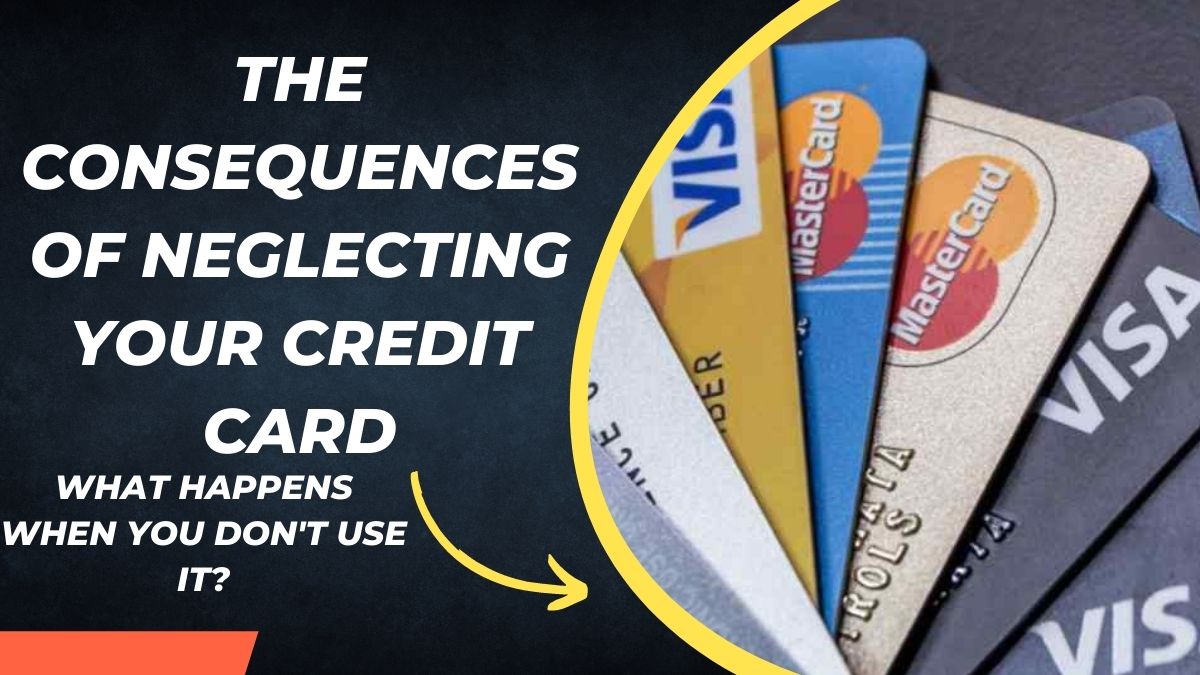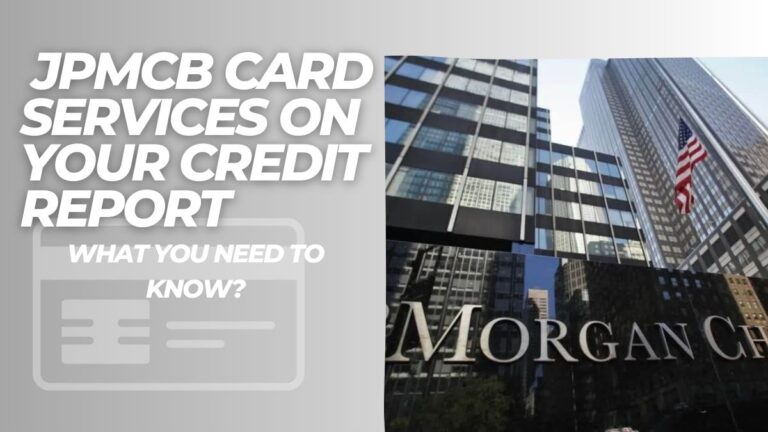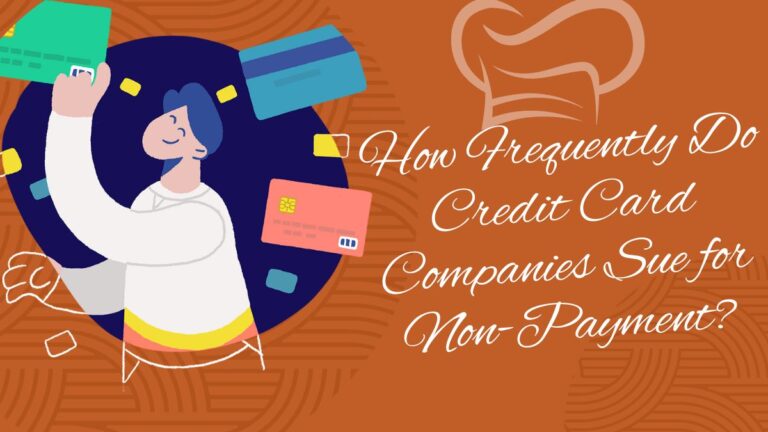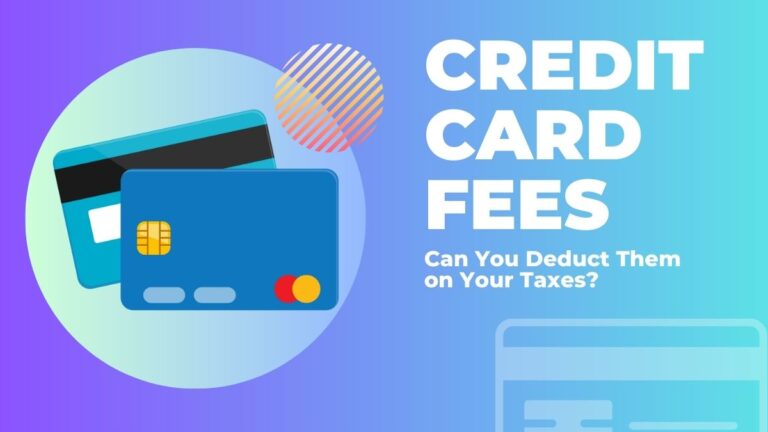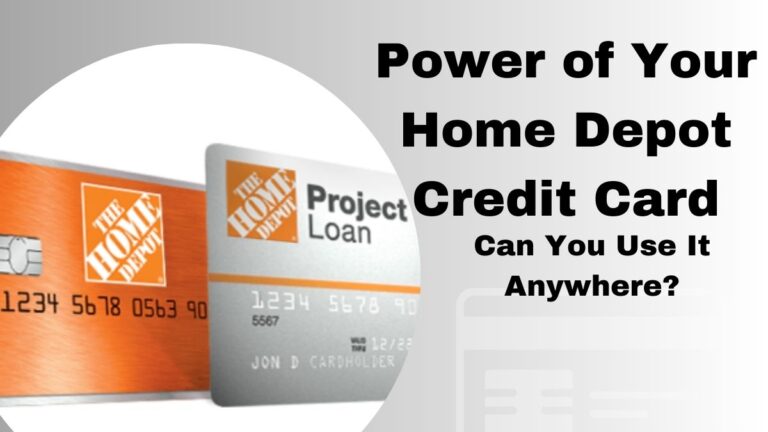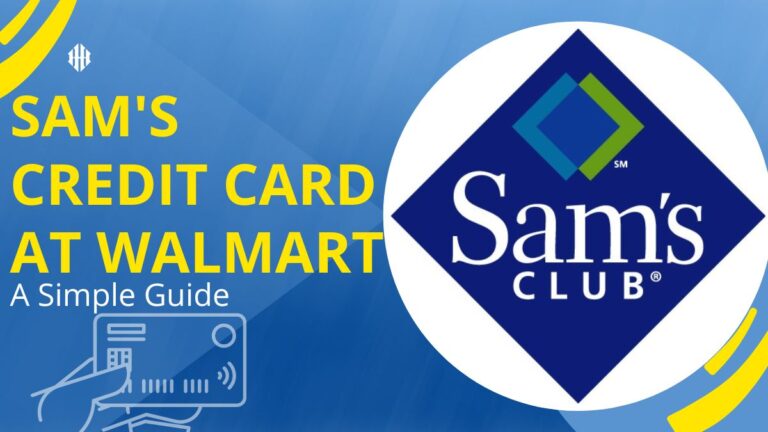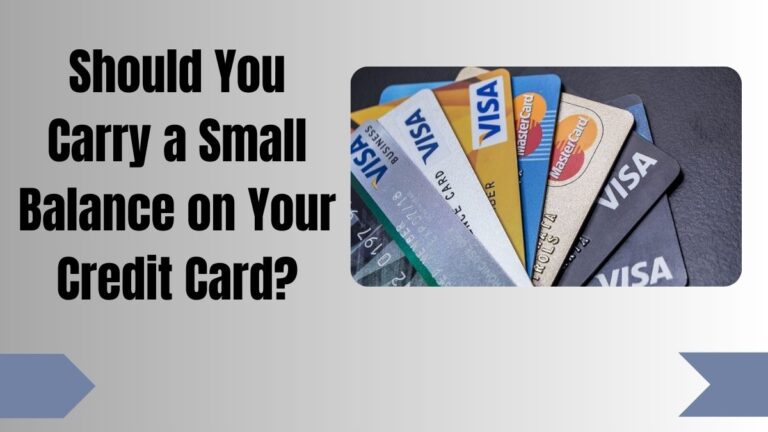The Consequences of Neglecting Your Credit Card: What Happens When You Don’t Use It?

Credit cards have become an integral part of our lives, providing us with convenient means to make purchases and manage our finances. However, what happens when we neglect these little rectangles of financial power? The consequences of not using your credit card may surprise you!
In this blog post, we’ll explore the untold stories lurking in the shadows of forgotten credit cards and shed light on the potential ramifications that can arise from neglecting them. So grab a seat, buckle up, and get ready for a wild ride as we dive into the world of neglected credit cards and unveil their hidden secrets!
Table of Contents
What Is a Credit Card and Why Do You Need to Use It?
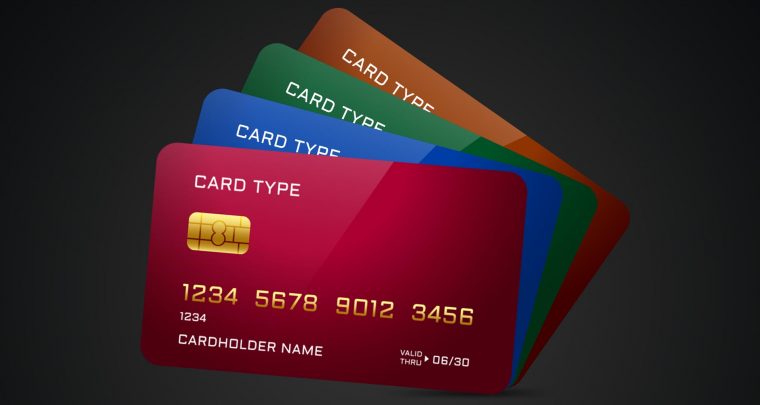
A credit card is a plastic card that gives the cardholder a line of credit with which to make purchases or withdraw cash. A credit card is different from a debit card, which uses funds that are already in the bank account linked to the card. Credit cards also differ from charge cards, which require the full balance to be paid off each month.
There are many reasons why you might need or want to use a credit card. For example, if you’re going on a trip and will need to make some big purchases, it’s helpful to have a credit card so you don’t have to worry about carrying around a lot of cash. Credit cards can also be useful in an emergency if you need to make a purchase but don’t have the cash on hand.
Another reason to use a credit card is to build your credit history. A good credit score is important for many things in life, such as qualifying for a mortgage or car loan or getting a lower interest rate on those loans. If you don’t have any other form of borrowing (such as a student loan), then using and paying off a credit card responsibly can help you build up your credit score over time.
Of course, there are also some risks associated with using credit cards. If you carry a balance on your card from month to month, you’ll accrue interest charges that can add up quickly. Additionally, if you miss payments or default on your debt, this will damage your credit score. Therefore, it’s important to be smart and responsible with your use of credit cards if you choose to use them.
The Consequences of Not Using Your Credit Card
If you don’t use your credit card, the consequences can be severe.
Your credit card is an important tool that helps you build your credit history. When you don’t use it, you’re missing out on the opportunity to improve your credit score. Additionally, your credit card issuer may close your account if you don’t use it for an extended period. This can damage your credit score and make it harder to get approved for new lines of credit in the future.
Additionally, not using your credit card can cause you to lose any rewards or perks that you may have earned. If you have a rewards credit card, you could be missing out on free travel or cash back if you don’t use it. And if you have a perks-based card, such as a hotel or airline credit card, not using it could cause you to lose your status and any associated benefits.
Bottom line: Don’t neglect your credit card. Use it regularly to help build your credit history and take advantage of rewards and perks.
How Not Using Your Credit Card Can Affect Your Credit Score?
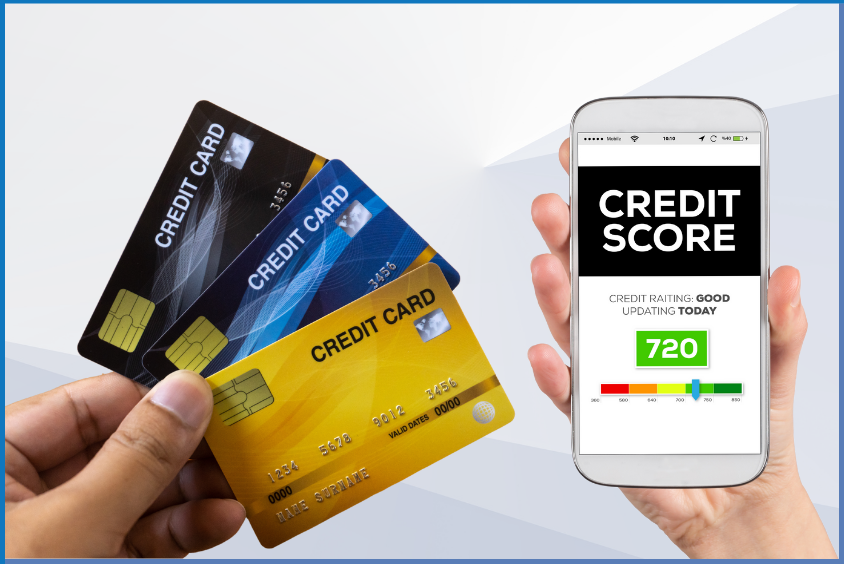
If you don’t use your credit card, your credit score will eventually suffer.
Your credit score is calculated based on your credit history, which includes all of the credit cards you’ve ever had. If you have a credit card that you never use, it will eventually fall off your credit report. And, since your score is based on your credit history, a lower score.
This may not seem like a big deal if you have other cards that you use regularly and keep in good standing. However, if you ever need to borrow money or get a loan, your low score could hurt your chances of being approved.
Additionally, landlords and employers sometimes check applicants’ credit scores as part of their screening process. So, if you’re looking for a new place to live or a new job, having a low score could make it harder to find something suitable.
Bottom line: using your credit card regularly is important for maintaining a good credit score. If you don’t want to use it for purchases, at least make sure to pay off the balance in full each month to avoid costly interest charges.

Tips To Avoid Neglecting Your Credit Card
If you’re not using your credit card, you may be neglecting it. Here are a few tips to avoid neglecting your credit card:
- Use your credit card regularly. If you don’t use your credit card, you’re more likely to forget about it and neglect it. Try to use your credit card at least once a month, even if it’s just for a small purchase.
- Keep your credit card in a safe place. If you have your credit card in a wallet or purse that you don’t often use, you may forget about it. Keep your credit card in a place where you’ll see it often, such as your main wallet or purse.
- Make sure your contact information is up to date. If you move or change phone numbers, make sure you update your contact information with your credit card issuer. This way, if there’s ever an issue with your account, they can reach out to you.
- Check your balance and statements regularly. It’s important to keep tabs on your account activity and make sure no unauthorized charges are being made to your account. Reviewing your balance and statements regularly will help you catch any suspicious activity early on.
- Pay attention to expiration dates. If you have a rewards credit card, pay attention to the expiration dates of any points or miles so that you don’t lose them.
Additionally, many cards have annual fees that are charged automatically when the new year starts. Always check your expiration dates so that you can cancel the card in time if it’s no longer cost-effective for you.
Alternatives to Regularly Using a Credit Card
If you’re not using your credit card, you’re missing out on the chance to improve your credit score and build up your credit history. Additionally, you may be charged annual fees or have other maintenance charges. If you’ve been thinking about canceling your credit card but are worried about the consequences, consider some of these alternatives to regular use:
- Keep the account open but don’t use it: as long as you keep paying your bill on time each month, your credit score will continue to benefit. Just make sure you don’t accidentally use the card and rack up a balance that you can’t pay off right away.
- Use your debit card instead: if you’re worried about overspending with a credit card, opt for using your debit card for everyday purchases instead. This way, you’ll still have access to funds if you need them in an emergency but won’t be tempted to overspend.
- Get a secured credit card: if you’re working on rebuilding your credit, a secured credit card can be a good option. With this type of card, you’ll need to put down a deposit that will serve as collateral in case you default on payments. just make sure to choose a reputable issuer and avoid high fees.
- Try an app: there are plenty of apps that can offer you similar features to a credit card but without the interest rates and fees. These apps allow you to track your spending, save money, and get rewards without needing a credit card.
- Use cash: if you’re trying to break your reliance on credit cards, opt for using cash instead. This way, you’ll be able to better track and control your spending. Additionally, you won’t have to worry about late fees or interest payments.
Conclusion
In conclusion, if you are not vigilant about keeping up with your credit card payments and using it responsibly, you can be at risk of penalizing fees or a bad credit score. The consequences of not taking care of your credit card can have long-term effects on other financial aspects of life such as getting financing for a home or car loan. Always keep an eye on due dates and try to pay off the balance monthly so that you don’t incur extra charges in interest fees or late payment penalties.
